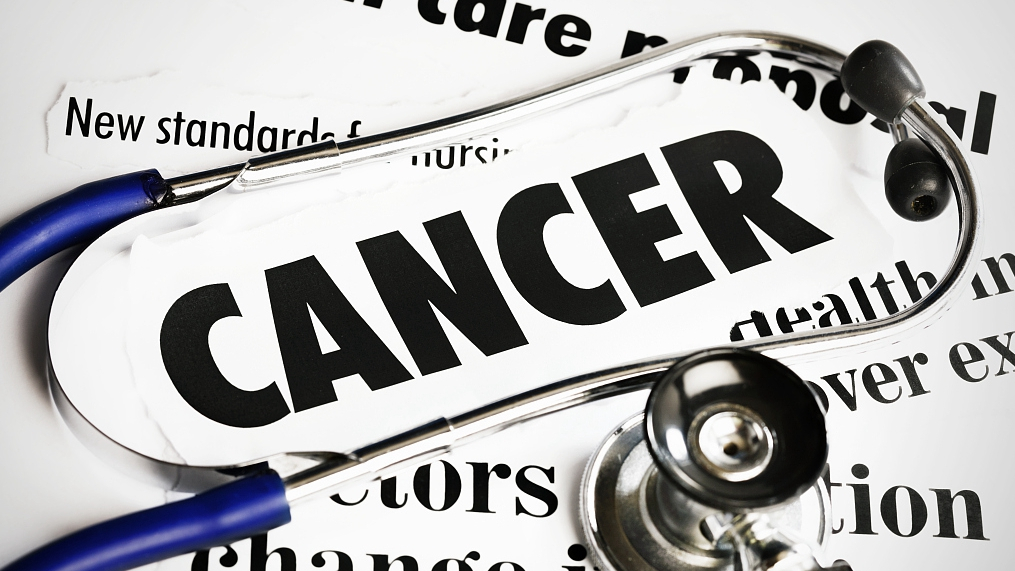
(Photo: CGTN)
CHICAGO, Oct. 24 (Xinhua) -- A study by researchers at Washington University School of Medicine in St. Louis suggests that recruiting other T cells, called helper T cells, besides killer T cells could boost the effectiveness of immune therapy, as helper T cells are involved in recognizing cancer as a threat and recruiting killer T cells to mount an attack.
Studying mice with models of human cancer, the researchers showed that immune checkpoint therapy is more effective when helper T cells are activated along with killer T cells. They further showed that vaccines also are more effective when targets activating both helper and killer T cells are present.
"Just because a killer T cell is present doesn't mean it's actively killing tumor cells," said first author Elise Alspach, a postdoctoral research associate at the university. "We found that not only do you need helper T cells to recruit the killer T cells, the helper cells need to be there to coax the killer T cells to mature into an active state in which they are capable of killing cells."
And finally, the most effective anti-tumor responses occurred when immune checkpoint therapy was combined with a vaccine that incorporates targets for helper and killer T cells that are specific to antigens in the patient's tumor.
The researchers have developed a computer program that can predict which mutant proteins, or antigens, on a patient's tumor will specifically activate helper T cells.
"The idea of giving checkpoint inhibitors along with a tumor-specific vaccine, especially a vaccine that activates both killer and helper T cells, is just beginning," said senior author Robert D. Schreiber, a distinguished professor at the university. "But based on our study, the combination is likely to be more effective than any of the components alone. Today, when we treat a particular tumor type with checkpoint inhibitors, maybe 20 percent of the patients respond well. We're hoping that with a vaccine plus checkpoint inhibitors, the number of patients who respond well will go up to 60 or 70 percent."
The study was published on Wednesday in the journal Nature.


